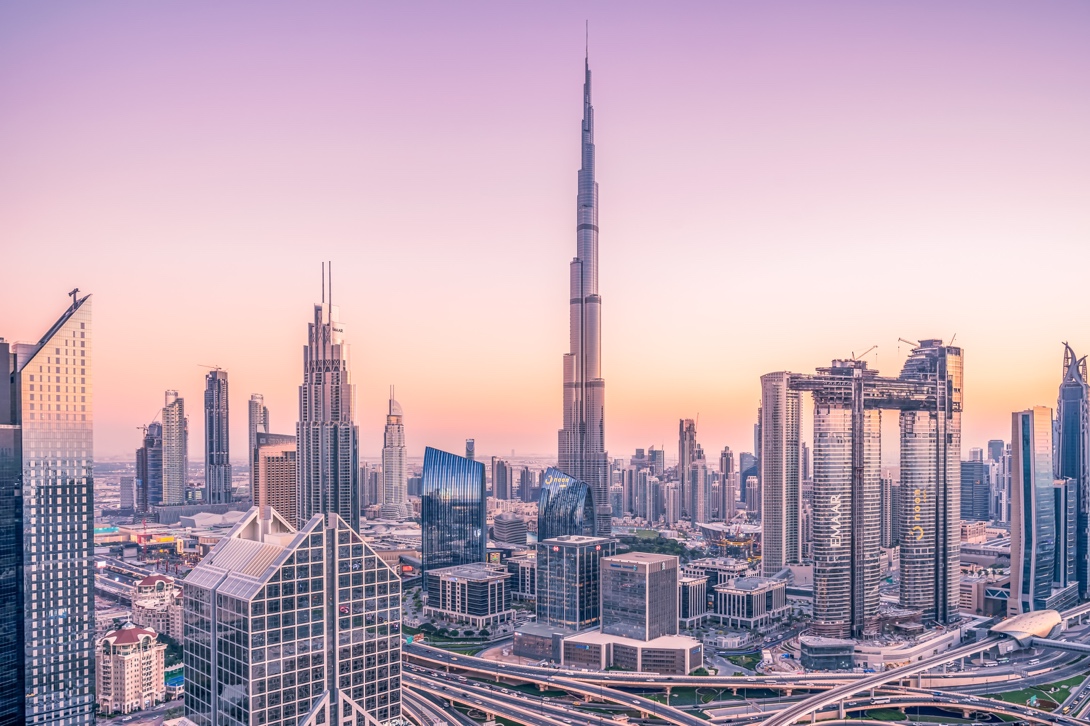
This weekend, the United Arab Emirates (UAE), the host country for the upcoming COP28, announced that it is planning on significantly increasing its oil production. The Conference of the Parties, organized by the United Nations Framework Convention on Climate Change (UNFCCC), is a critical annual event that brings together nations from around the world to discuss and collaborate on solutions to address the pressing issue of climate change. With the UAE set to host COP28, the expectation was that the nation would showcase its commitment to environmental sustainability. However, the recent news of an increase in oil production seems to challenge this assumption. This revelation adds a layer of complexity to the global conversation on climate change, as the host nation appears to be taking steps contrary to the broader push for sustainable and eco-friendly practices.
The UAE is a significant player in the global energy market, with a substantial portion of its economy relying on the production and export of oil and natural gas. Historically, the nation has invested heavily in diversifying its economy and reducing its dependence on fossil fuels and natural gas. However, its active participation and hosting of COP28 coupled with the introduction of ambitious renewable energy projects, such as the Mohammed bin Rashid Al Maktoum Solar Park, highlighted the UAE’s efforts to embrace clean energy alternatives. This makes their recent discourse even more unexpected, with the COP28 president claiming that there is “no science” behind phasing out fossil fuels.
Several factors may be driving the UAE’s decision to increase oil production. Economic considerations, including the recent volatility in global oil prices, could be influencing the government’s strategy. Additionally, geopolitical factors and the desire to maintain a strong position in the energy market may also be contributing to this unexpected shift in policy.
The news has already sparked reactions from environmentalists, climate activists, and other nations participating in the COP process. Critics argue that the move undermines the spirit of international efforts to combat climate change, as it sends a contradictory message when the world is striving to transition away from fossil fuels. As the host country of COP28, the UAE finds itself at the centre of a growing debate on the intersection of economic interests and environmental sustainability, and brings into question whether COP28 is being used by the UAE as performative activism rather than a forum to make substantial change.
The global community will be closely watching how the nation balances its commitments as a host and its strategic decisions regarding oil production. The upcoming COP28 will undoubtedly provide a platform for discussions on the role of fossil fuels in a world grappling with the urgent need for climate action.
Image: City During The Day, ZQ Lee, 2019//Unsplash License



Average Rating